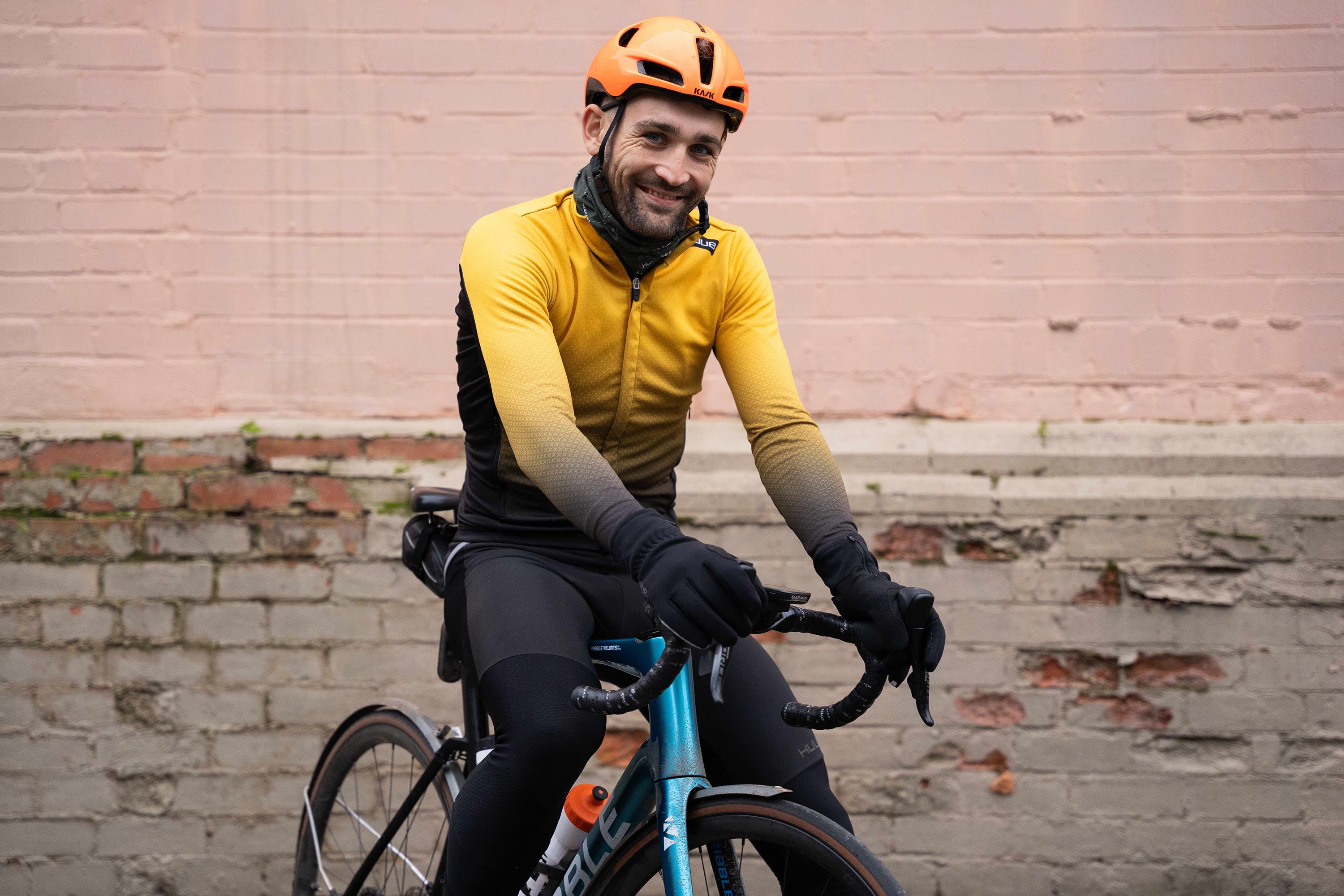
Something relevant to everyone is sleep. HUUB's Head of Cycling (and an endurance coach, performance analyst and former cyclist), talks us through the importance of sleep for performance, health and wellbeing.
Sleep is one of the most important functions as an athlete. Before anyone starts looking at marginal gains, new energy drinks and magic detox potions, the number one thing you should be prioritising is the quality and length of your sleep.
For the average person, this should be anywhere from seven and a half to eight and a half hours, allowing five full 90-minute sleep cycles, with that increasing to six cycles ideally if you're during a heavy training block or coming up to a key competition. Reducing sleep to below six hours a night comes with some serious side effects - your risk of illness/infection increases, productivity reduces, and even your chance of being involved in a road collision increases.
The best annual scientific test we have showing the importance of sleep is the clocks changing. There are 24% more heart attacks the day after losing an hour of sleep, whereas the day after the clocks go back, giving us an extra hours sleep the number of heart attacks reduce by 21%.
So now we know the importance of sleep, what can we do to make it better?
ROUTINE
Get into a solid sleep routine of going to bed at the same time and waking up at the same time when possible, if you need to make changes to this do it gradually.
NO PHONES BEFORE BED
Try and reduce the amount of white light you are looking at leading up to bedtime, put your phone on do not disturb and leave it alone, if you're still checking messages and emails there is too much temptation to stay on it.
NO CAFFEINE BEFORE BED
Caffeine has a half-life of 5-6 hours... that means if you drink a strong coffee at 6 pm, half of that caffeine is still in your system at 11 pm when you should be falling asleep. 2 pm - 3 pm would be a sensible cut off where possible.
TEMPERATURE
Keep your bedroom cool - 18 to 19 degrees is recommended.
LIGHTS
Avoid any distracting lights from TV'S, radios, or other electronics in the room; these can generally be easily covered up.
ALCOHOL
Don't use a nightcap to help you sleep, while it may help you drift off alcohol reduces the amount of REM sleep you have which is a vital part of the sleep cycle. So vital, a fairly grim study was conducted with rats where they found the rats died sooner when deprived of REM sleep compared to when deprived of food!
FINALLY...
And the final point is that you can't catch up on sleep, it's not something we can bank. So reducing sleep all week, then lying in on the weekend still puts you at risk of the negative side affects. It's always better to catch up a bit, but don't think if you average 7.5 hours, including some long lie-ins that you will sidestep all negative connotations of sleep deprivation.